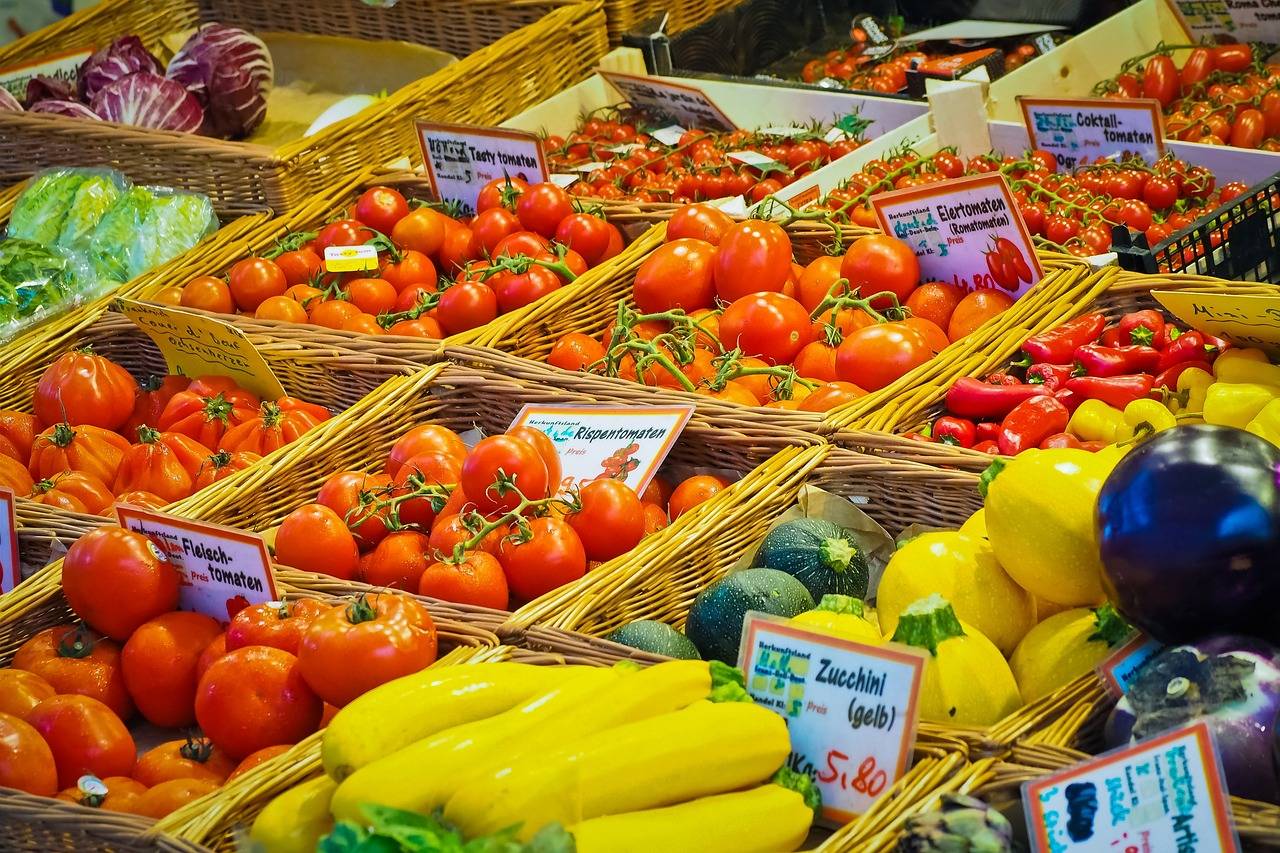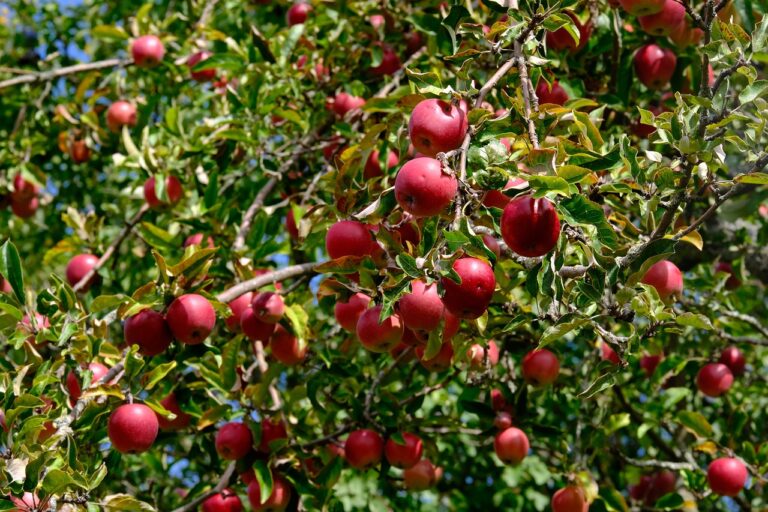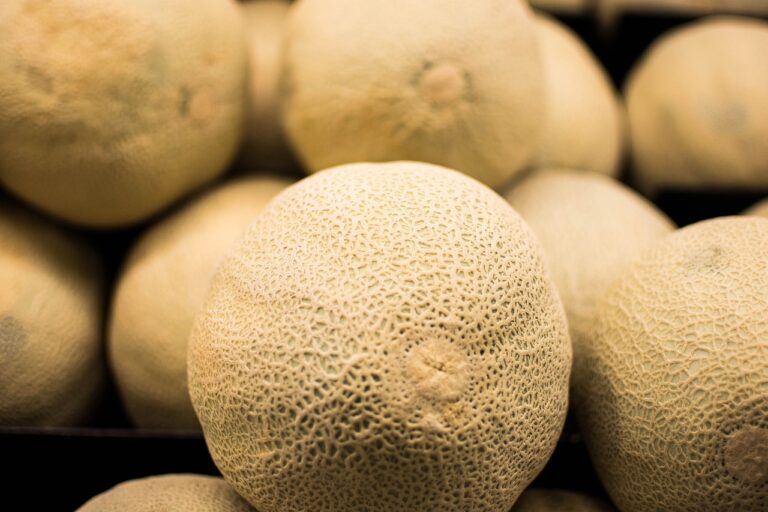Biotechnology in Precision Pig Farming: Health Monitoring and Optimization: Betbhai com whatsapp number, Playexch, Lotus365 in login password
betbhai com whatsapp number, playexch, lotus365 in login password: Biotechnology in Precision Pig Farming: Health Monitoring and Optimization
In recent years, the integration of biotechnology in precision pig farming has revolutionized the way farmers manage their herds. Through the use of advanced technologies and data analytics, farmers can now monitor their pigs’ health more accurately and optimize their overall well-being. This not only benefits the animals but also increases productivity and profitability for the farm.
Let’s dive deeper into how biotechnology is transforming the world of pig farming.
Improved Health Monitoring
One of the key advantages of biotechnology in pig farming is the ability to monitor the health of individual pigs in real-time. Through the use of sensors and wearable devices, farmers can track vital signs such as temperature, heart rate, and activity levels. This data allows them to identify any signs of illness or distress early on, enabling prompt treatment and reducing the risk of disease spread within the herd.
Enhanced Nutrition Management
Biotechnology also plays a crucial role in optimizing the nutrition of pigs. By analyzing the nutritional requirements of each pig based on their age, weight, and activity levels, farmers can create personalized feeding programs that promote growth and reduce wastage. This not only improves the overall health of the animals but also minimizes costs associated with feed consumption.
Efficient Breeding Programs
With the help of biotechnology, farmers can enhance their breeding programs to produce healthier and more productive pig breeds. Through techniques such as genetic screening and artificial insemination, farmers can select for desirable traits such as disease resistance, growth rate, and meat quality. This results in a more robust and profitable herd in the long run.
Optimized Environment Control
Biotechnology also enables farmers to control the environment in which their pigs are raised more efficiently. Automated systems can monitor factors such as temperature, humidity, and air quality, and make adjustments in real-time to ensure optimal conditions for the animals. This leads to improved comfort and well-being for the pigs, ultimately enhancing their growth and performance.
Cost-Effective Disease Management
By implementing biotechnology in pig farming, farmers can adopt a proactive approach to disease management. Through the use of predictive analytics and early warning systems, farmers can detect signs of disease outbreaks before they escalate, allowing for timely intervention and containment. This not only reduces the risk of disease spread but also minimizes the need for costly treatments and antibiotics.
Increased Sustainability
Lastly, biotechnology in precision pig farming promotes sustainability by reducing the environmental impact of livestock production. By efficiently managing resources such as water, feed, and energy, farmers can minimize waste and optimize production processes. This not only benefits the farm economically but also contributes to a more environmentally friendly and socially responsible farming practice.
FAQs
Q: How does biotechnology help in improving pig health?
A: Biotechnology allows farmers to monitor the health of individual pigs in real-time, enabling early detection of illness and prompt treatment.
Q: Can biotechnology help in reducing disease outbreaks in pig herds?
A: Yes, biotechnology enables proactive disease management through predictive analytics and early warning systems, reducing the risk of disease spread.
Q: Is biotechnology cost-effective for pig farmers?
A: Yes, biotechnology helps farmers optimize resources and production processes, ultimately reducing costs and increasing profitability.
In conclusion, biotechnology is transforming the landscape of pig farming by improving health monitoring, optimizing nutrition, enhancing breeding programs, and promoting sustainability. By leveraging advanced technologies and data analytics, farmers can now raise healthier and more productive pigs while minimizing environmental impact and maximizing profitability. The future of precision pig farming looks brighter than ever with the integration of biotechnology.







